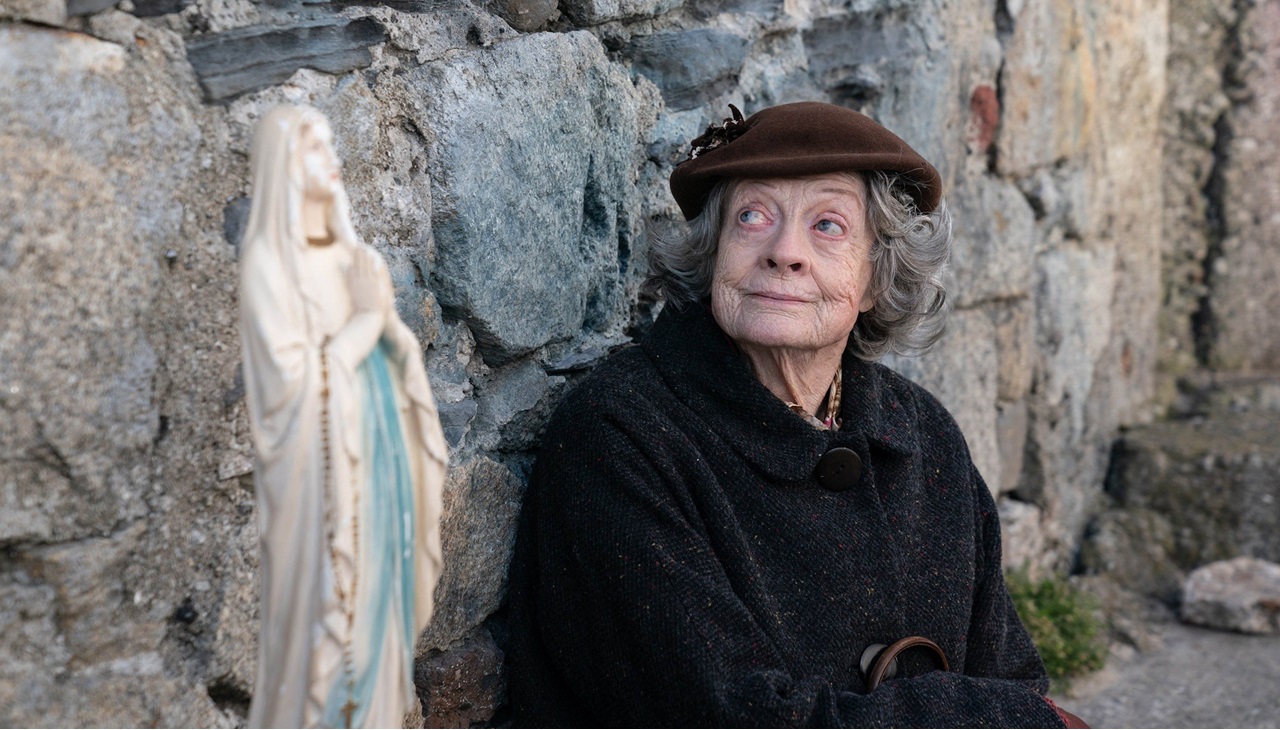
Inside the Miami Film Festival and the First Latin American Film Series
Here are some of the virtually accessible films available this week that deal with social fiction in Latin America.
There are two virtual opportunities for U.S. viewers to attend virtual film festivals this week organized by academic institutions.
The festivals are the Miami Film Festival, organized by Miami Dade College, and the First Latin American Film Series, organized by the University of Montreal.
In both cases, as of March 8, it is possible to access dozens of films that escape the usual meritocratic and commercial logic of the festivals that have other types of organizations to delve into the ocean of Latin American social fiction. They offer a rich panorama of vindication and search for roots that encompasses feminism, immigration, sexual dissidence, indigenous people, Afro-descendants, social justice, and marginalized characters.
In the case of the series organized by the University of Montreal, the films will be followed by a colloquium organized by the school's professors.
The Festival in Miami is now in its 38th edition, with eagerly-awaited films and, of course, an in-person edition that meets the requirements of the pandemic.
For this reason, we offer a brief review of some of the gems to be found among them.
Shot in 2019, it surprised everyone at the Sundance Film Festival as a mild thriller with pandemic intuitions. Toxic pink clouds spread over the city and the dangerous way young people will have to deal with sexuality in that context works as a high-intensity prophecy.
RELATED CONTENT
An adaptation of a true story that has earned its director, Jasmila Zbanic, a mention at the Oscars and recognition of mastery in turning the target into a scalpel by analyzing the crimes against humanity that took place at Srebenica (Bosnia) in 1995.
Through flashbacks that create an atmosphere of oppression and mystery, Lilo Vilaplana succeeds in offering a tribute of social justice to the children, women and men murdered as an example of Castroism. Following the story of a refugee in Miami, Vilaplana intends to honor the memory of the political prisoners.
Juan Cáceres' debut feature film deals with the fatal fate of boys and girls used in Chile as soldiers by the choros to make them addicts, as well as the racism and colorism they suffer. That is why the Black-skinned character is played by a young Haitian.
Desperate to send money to Haiti from Miami, the nurse protagonist of this film lives the economic and migratory drama of the city, as well as her contradictions in trying to maintain the flames of the American Dream.











LEAVE A COMMENT:
Join the discussion! Leave a comment.